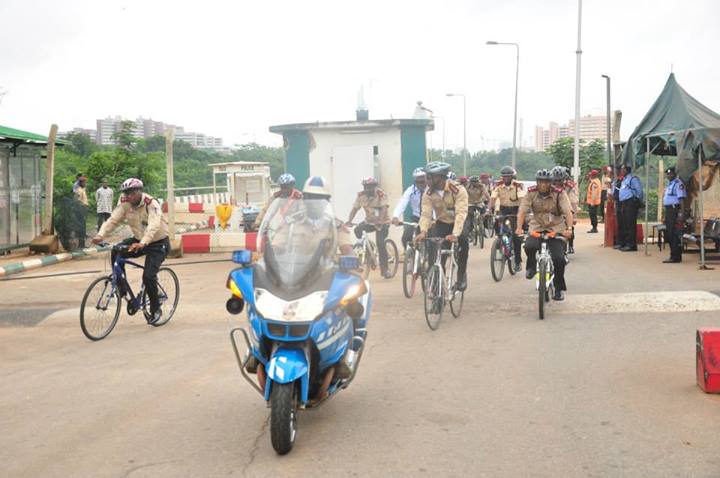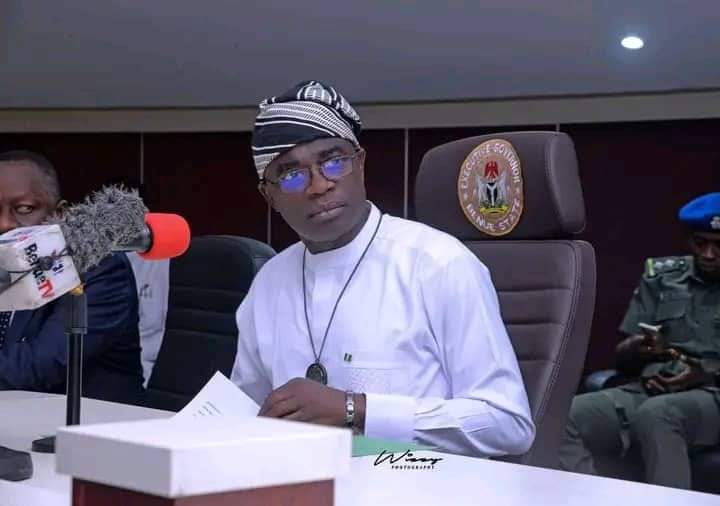BY PHILEMON ADJEKUKO
In 2019, a member of the Nigerian Bar Association in Warri challenged what many felt was an overreach. He argued in court that the FRSC’s constant presence on state and local roads was simply illegal. The federal high court agreed, delivering a powerful judgment that clearly limited the FRSC’s authority to federal highways. It was a victory for the rule of law.
But the story didn’t end there. The FRSC, it seemed, was not ready to back down. It quickly appealed, and in July 2023, the court of appeal in Asaba echoed the initial ruling. It stated unequivocally: the FRSC, being a federal body, had no business policing state or local roads. It was another clear message, another reinforcement of the boundaries set by law.
The FRSC, however, responded with a public announcement of their “intention” to take it all the way to the supreme court. At the time of writing this piece, I am yet to see any evidence of this appeal actually being filed. And even if it has, the question remains: is there a stay of execution on those existing judgments?
Advertisement
What’s truly troubling is what this behaviour suggests. By continuing to operate outside their legally defined territory, the FRSC is essentially placing itself above the very laws it is meant to uphold.
And here’s where it gets even more concerning. It feels like the FRSC’s focus has shifted over the years. It was created to make our highways safer, to educate drivers and reduce accidents. It wasn’t meant to be a “revenue collecting agency” like Customs and Immigration. But lately, it’s mode of operation tell a different story. You see personnel of the FRSC stopping vehicles and issuing fines in areas that have little to do with federal highway safety. Drivers are pulled over for what seem like arbitrary reasons and slapped with heavy fines, all under the guise of “ensuring safety”.
This shift in focus is diluting their original purpose. Instead of concentrating on preventing accidents on the federal roads where it has legitimate authority, the agency seem more interested in generating revenue from everywhere a road exists. This isn’t just unlawful given the extant court rulings; it feels unethical as it does not in any way promote safety.
Advertisement
This blatant disregard for the court’s decisions poses a serious threat to the very foundation of our country – the rule of law and our federal structure. When a federal agency can simply ignore two clear judicial pronouncements, what message does that send? It suggests that the law is optional, something to be followed only when it suits a particular agency. Allowing this to continue weakens the judiciary and sets a dangerous precedent for other government bodies and even individual citizens.
The silence from the Federal Government on this issue is deeply worrying. Their inaction seems to embolden the FRSC, perhaps even signalling tacit approval of this unlawful behaviour. Nigerians deserve a government that respects and enforces the law, holding its own agencies accountable when they step out of line.
It’s time for us, the citizens, to wake up and pay attention to this. This isn’t just about where the FRSC operates; it’s about whether we believe in the rule of law. When federal agencies disregard court rulings, it chips away at public trust. We need to demand that the federal government intervenes and ensures the FRSC respects the court’s judgments, sticking to their lawful mandate on federal highways.
Furthermore, the attorney-general of the federation has a crucial role to play here. As the chief law officer, he has a duty to ensure that federal agencies comply with judicial decisions. The FRSC’s continued operations on state roads, in defiance of clear court orders, cannot be allowed to continue unchecked. It’s within the attorney-general’s power to step in and restore respect for the judiciary by making sure the FRSC finally adheres to the limitations set by the courts.
Advertisement
In conclusion, if the FRSC truly has filed an appeal with the supreme court, it owes it to the public to provide proof. But regardless of any potential appeal, the current approach is frankly laughable, even pitiable. It’s a disservice to the Nigerian people who deserve a road safety agency focused on actual safety, operating within the bounds of the law.
Adjekuko, a public affairs analyst, wrote in from Abuja. He can be contacted via [email protected]
Views expressed by contributors are strictly personal and not of TheCable.








